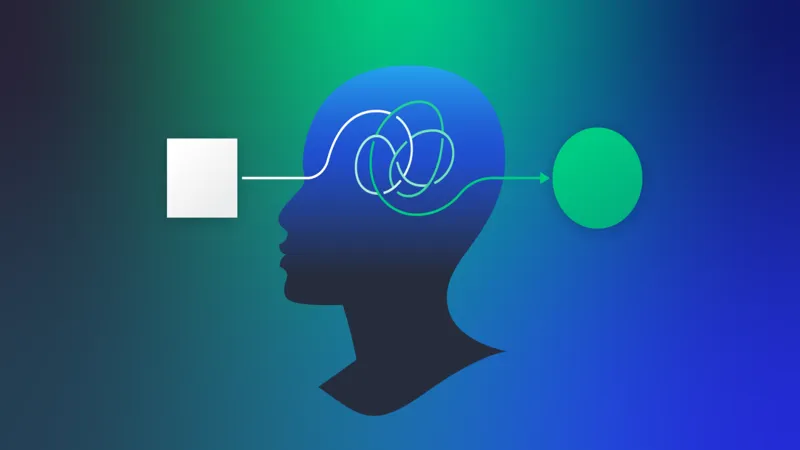In an era where artificial intelligence increasingly mediates our access to information, a recent BBC study raises critical concerns about the reliability of AI chatbots in delivering accurate news. Analyzing the performance of well-known AI assistants—ChatGPT, Copilot, Gemini, and Perplexity—the study exposed a troubling trend of significant inaccuracies in their responses to pressing news questions. With over half of the evaluated answers reflecting substantial factual errors and misrepresentations, this research underscores the urgent need for scrutiny regarding how AI interprets and presents news content, revealing potential pitfalls that could mislead users in an already complex media landscape.
| AI Assistant | Accuracy Issues | Notable Findings | Recommendations |
|---|---|---|---|
| ChatGPT | 51% of responses had significant issues | Often misattributed facts and quotes | Advocate for better control over content usage |
| Copilot | Struggled with accurate representation of BBC content | Provided outdated articles as sources | Increase transparency in AI operations |
| Gemini | Most significant accuracy issues | Failed to provide reliable sources | Assess improvements in future studies |
| Perplexity | Faced issues with sourcing BBC content | Displayed inaccuracies in trending news | Involve other publishers for better results |
The Rise of AI Chatbots in News Reporting
AI chatbots, like ChatGPT and Copilot, are becoming more popular as tools for finding news quickly. They promise fast answers and easy access to information, making them appealing to users who want immediate updates. However, as the BBC study reveals, these chatbots often struggle to deliver accurate news, which raises concerns about relying on them for important information.
While AI chatbots can save time, their inaccuracies can lead to misunderstandings. For example, if someone uses an AI assistant to look up facts about a recent event, they might receive incorrect details. This can be frustrating and even dangerous, especially when it comes to serious topics like health advice or political news. Therefore, it’s essential to recognize the limits of these AI tools.
Frequently Asked Questions
What did the BBC study reveal about AI chatbots?
The BBC study found that popular AI chatbots often provide inaccurate news answers, with over 51% of responses showing significant issues, including distorted facts and misattributions.
How many AI assistants were tested in the study?
Researchers tested four AI assistants: ChatGPT, Copilot, Gemini, and Perplexity, using 100 questions about trending news topics to evaluate their accuracy.
What criteria were used to assess the AI responses?
The AI responses were assessed based on accuracy, sourcing, objectivity, context, and distinguishing between opinion and fact, among other key factors.
What percentage of AI answers contained inaccuracies?
The study revealed that 91% of the AI answers contained at least some inaccuracies, which is concerning, especially for news reporting.
What specific problems did Gemini face in the study?
Gemini struggled the most with accuracy and often failed to provide reliable sources, making it less trustworthy compared to other AI assistants.
Why is misinformation from AI assistants a concern?
Misinformation can spread easily on social media, and the study highlighted that AI assistants are currently unreliable for accurate news reporting.
What actions is the BBC planning to take after this study?
The BBC plans to repeat the study to monitor improvements and may include other publishers to better understand AI’s impact on news accuracy.
Summary
A recent BBC study revealed that popular AI chatbots like ChatGPT and Copilot often provide inaccurate news information. Researchers tested these assistants with 100 questions related to current events, finding that over half of the responses had significant issues, with 91% containing inaccuracies. Many errors were due to outdated or misattributed sources. The study highlighted that AI struggles to distinguish between facts and opinions, leading to biased answers. The BBC calls for better control and transparency in AI content use, stressing the need for improvements in AI accuracy for reliable news reporting.
